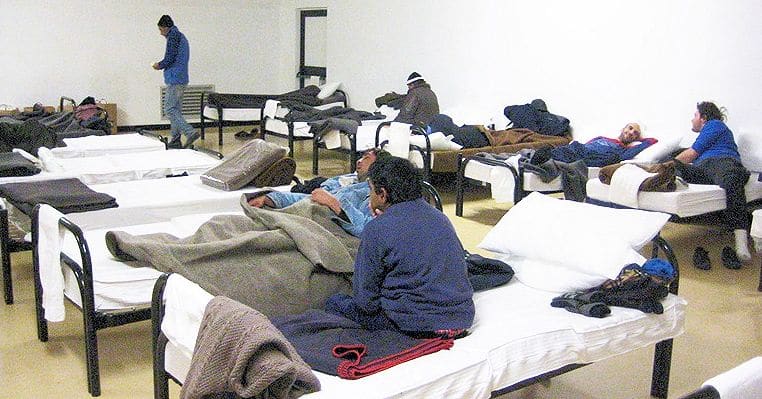Single, she worked for twenty years as a scientific informant, then had to quit to assist her sick mother. When her mother died at the age of 50, she was no longer able to find work and can't forget the humiliation of being evicted. He lives on 181 euros a month from the municipal subsidy, six a day.
15 ottobre 2014 S. Teresa d’Avila – Avvenire.it
Even Carla lives on dole at not even 40 years old, she has family violence behind her and a marriage that ended up with a man who was a street vendor by day and in the evening, unbeknownst to her, was dealing drugs and left her in trouble. She worked as a dishwasher and a baker, always on temporary contracts. Then nothing more. She often wonders if there is still a future for her. Their roommates are almost all members of the impoverished middle class, a category that in reality, like this one, takes on precise names and faces. They are precarious teachers left without a professorship or middle-aged workers or shop assistants, fired. Women with the only fault of being poor, alone and without income in a country whose welfare is stuck in the last century. Turin is still rich in the North and its social services are among the best. But every shelter and every charity canteen can confirm the sharp increase in cases like these.
If Italy had had, as all major European countries have, a measure such as the income for insertion, the impoverished middle class and those people who live on the edge of marginalization would today have more dignity and greater hopes of starting over. The Alliance Against Poverty, led by ACLI and Caritas, which yesterday presented the proposal for a law establishing a minimum income, estimates that the expenditure when fully operational to equip ourselves with this instrument is 7 billion. At least 4 million people would benefit. It would be 1% of current primary expenditure, it would not greatly increase public debt. Of course, the problem is understanding, with the rate of evasion we have, who is really poor. But this does not seem an insurmountable obstacle nor should it become an alibi for postponing an inconspicuous reform, but decisive for the future of a part of Italy not represented and forgotten by too many.
